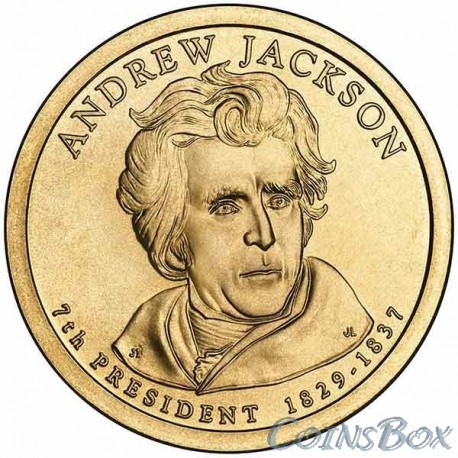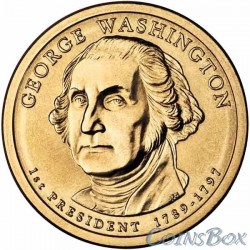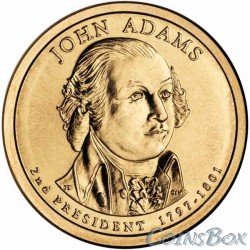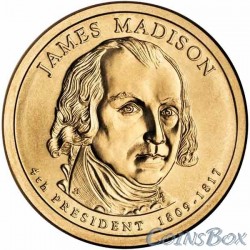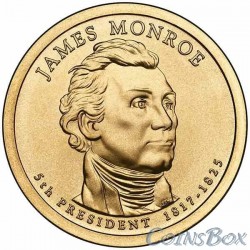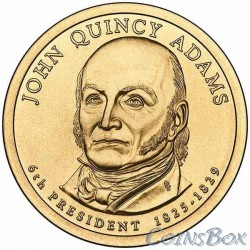No products
Product successfully added to your shopping cart
There are 0 items in your cart. There is 1 item in your cart.
Presidents
- Sets of coins
-
Coins
- Coins Russia and CIS
-
Europe
- EURO
- Austria
- England
- Belgium
- Germany
- Italy
- Spain
- Latvia
- Lithuania
- Estonia
- Luxembourg
- Portugal
- France
- Finland
- Cyprus
- Andorra
- Greece
- Netherlands
- Slovakia
- Slovenia
- Ukraine
- Belarus
- Sweden
- Poland
- Norway
- Denmark
- Ireland
- Iceland
- Switzerland
- Monaco
- Liechtenstein
- Bulgaria
- Hungary
- Moldova
- Romania
- Czech
- Vatican
- Albania
- Bosnia and Herzegovina
- Macedonia
- Malta
- San Marino
- Serbia
- Croatia
- Montenegro
- Turkey
- Kazakhstan
- Transnistria
- Scotland
- Gibraltar
- North America
- South America
- Australia and South Pacific
- Africa
- Asia
- Tokens
- Silver
- Accessories
- Sochi 2014
- Banknotes
- Sale
- Marriages and species
- Sundry
Top sellers
-

-

-

Official set of series Russian Federation. Issue 11
Official set of series "Russian Federation". Issue 11
4 650 руб -

100 RUB Sochi 2014
680 руб -

-

-

10 kopeck 2015 MMD
7 руб -

-

1 Dollar First Patent 2018
250 руб -

Official set of series Russian Federation. Issue 12
Official set of series "Russian Federation". Issue 11
5 350 руб
No supplier
Viewed products
1 dollar. 7 th US president. Andrew Jackson. 2008
Data sheet
| Depth | 2 |
| Weight | 8,1 |
| Diameter (mm) | 26,5 |
| Mintage | 122250 |
| Material | a manganese-copper plated brass |
| Edge of the coin (milling) | with an inscription |
| Series | Presidents |
| Country | USA |
| Release date | 2008 |
| Quality | UNC |
Warning: Last items in stock!
More info
1 dollar. 7 th US president. Andrew Jackson. 2008
Avers: portrait of President Andrew Jackson. Above the portrait, Kant coin - the inscription: "ANDREW JACKSON" (Andrew Jackson), at the bottom of the inscription in one line: "7th PRESIDENT" (seventh president), and during his tenure as president, "1829-1837."
Reverse: the image of the Statue of Liberty, the sculptor of which is Don Everhart, the inscription along the rim - «United States of America», denomination of the coin - 1 $.
Edge: 2008 mint mark (P or D) • E PLURIBUS UNUM • IN GOD WE TRUST
Because the image of the statue of liberty is already present on the label '' In God We Trust '' ( '' We believe in God, '' Eng.) And '' E Pluribus Unum '' ( '' in a variety of Unity ', the Latin.) - the motto of the country, it was decided to abandon. Reverse all the coins in this series is the same. All presidential coin series are legal tender.
Andrew Jackson - the seventh US president (1829 - 1837). It is considered the founder of the Democratic Party and the Party of the principle of formation of the state apparatus. During his presidency of the United States entered western Arkansas and Michigan.
Born into a family of planters of South Carolina in 1767. He worked as a lawyer, a slaver, a land speculator, a farmer since 1796 entered politics, was elected to a constitutional convention. The path to glory Jackson opened the war with Britain in 1812 and the appointment of the commander of the militia of Tennessee. He has several victories over the Indians and the British in New Orleans. Following the acquisition of Florida where he was appointed military governor.
In 1828, during the second balloting, he was elected president. The Democratic Party celebrated the victory. The main purpose and merit of Jackson's foreign policy was to maintain friendly relations with Great Britain. The biggest challenge this time was shaky domestic economic situation, the political differences.
Jackson was a supporter of slavery. He legitimized discriminatory ethnic cleansing of Native American lands and signed into law to evict the Aboriginal population supported the southern states. Provision of cheap credit to farmers also added recognition to him, although it is estimated that pushed the financial crisis of the 1830s.
Economic recovery contributed to a presidential veto on the Second Bank of the privileges (central), as well as the emergence of private credit institutions. Criticizing probankovskuyu opposition, Jackson earned the support of the electorate, and was re-elected.
When you have finished the presidential activities, Jackson served in Hermitidzh where 8 years later he died and was buried on his estate.
Release Date: August 14, 2008







